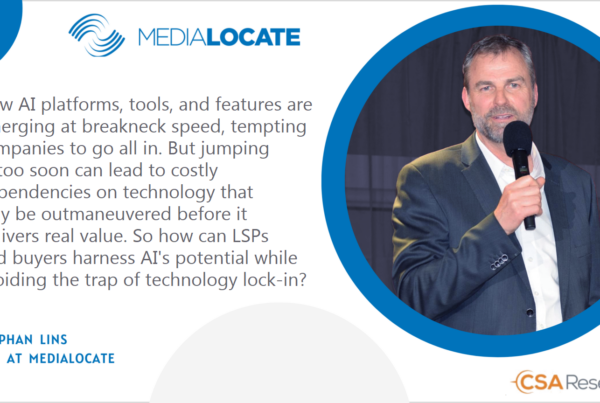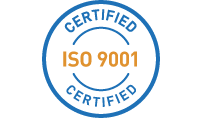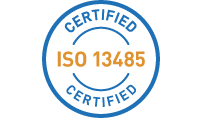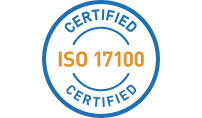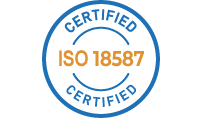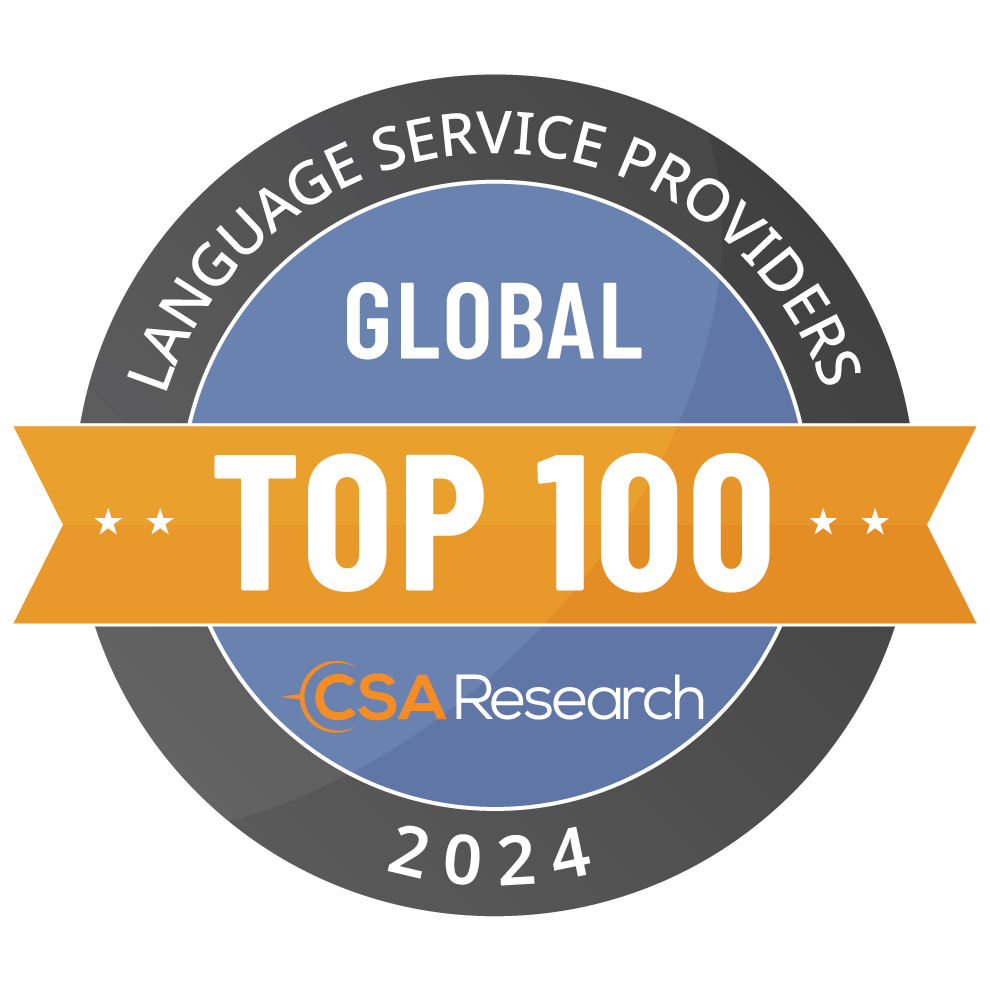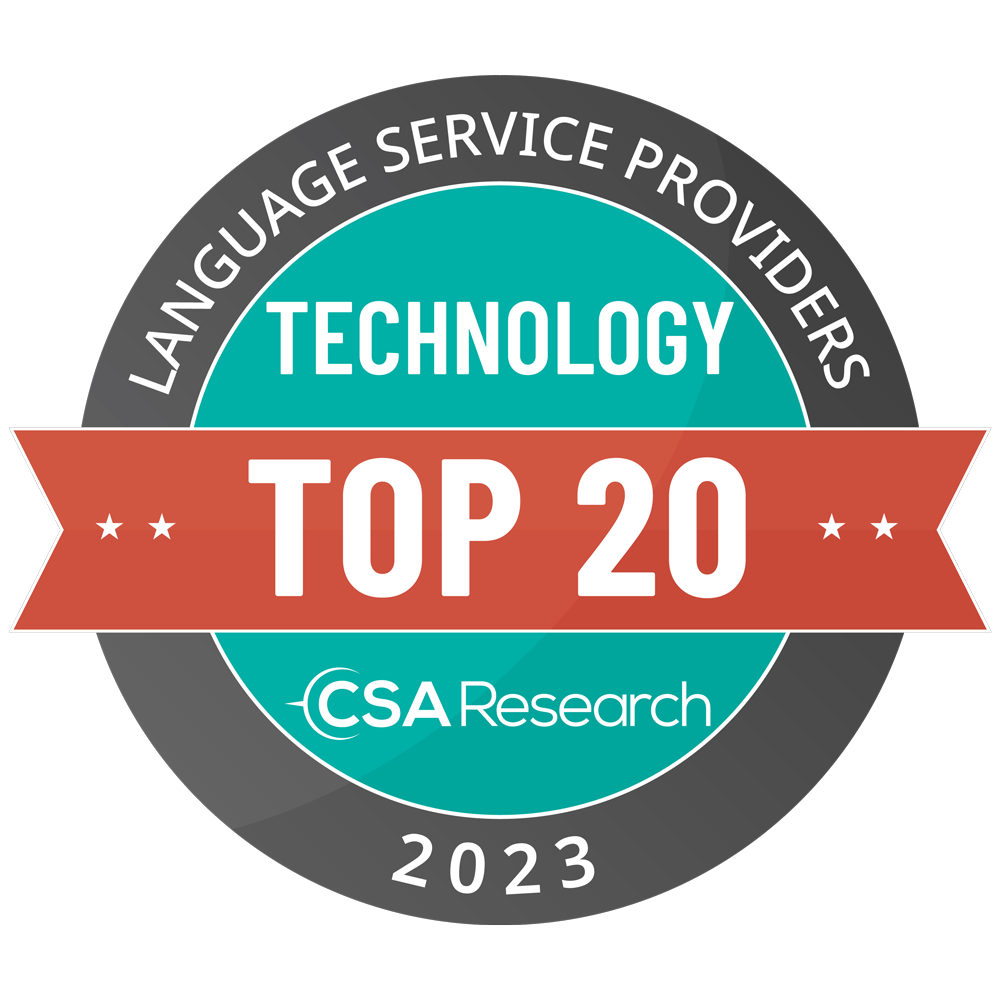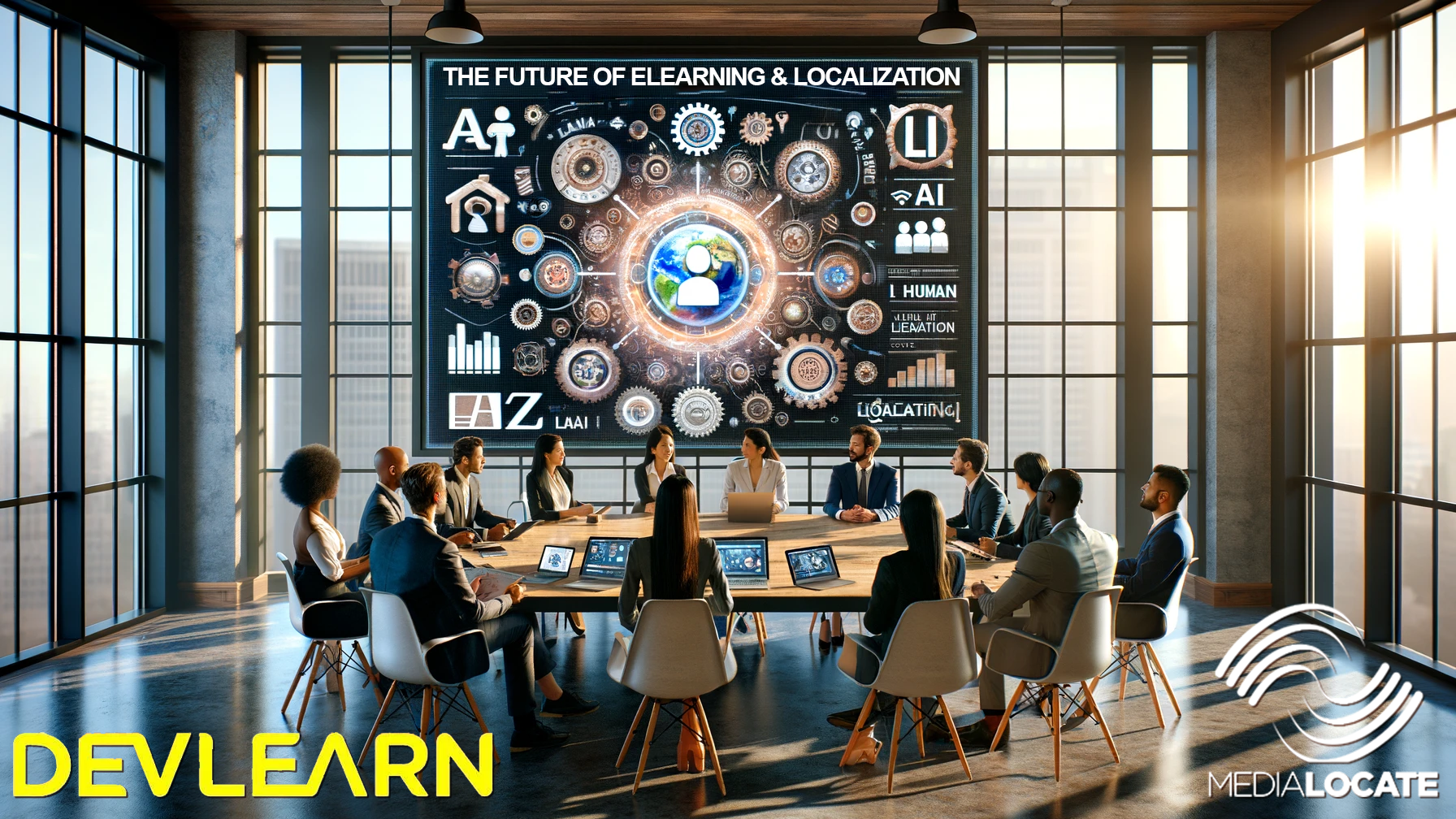
We recently returned from the DevLearn Conference in Las Vegas with insights that significantly impact the localization and translation industry, particularly for us at MediaLocate.
Quality Management in eLearning
One standout talk was by Hadiya Nuriddin on quality management for eLearning products. The key takeaway? Quality doesn’t just mean avoiding minor errors; it’s about transparently communicating with clients, setting realistic timelines, and owning our processes. This approach resonates deeply with our commitment to excellence at MediaLocate.
AI in Translation: Smartcat’s Model
Another highlight was the presentation on Smartcat.ai. They use an AI-based system for translation and clear client communication regarding services and pricing. It’s a wake-up call for the entire localization industry in an era where expectations for translation quality are surprisingly low. According to many participants at the event, localization and translation businesses need to articulate their value proposition better. They should consider implementing a portal like Smartcat for efficient and effective streamlined client interactions.
AI in Content Creation: A Balanced Approach
Matt Donovan‘s talk on AI in content creation was also enlightening. The emphasis was on a balanced Human+AI workflow. AI is powerful, but it needs more curiosity and creativity than humans bring to the table. This insight is crucial for us at MediaLocate as we are responsibly integrating AI tools into our workflow, ensuring we maintain the human touch that is so vital in localization.
Adaptive Learning and AI Limitations
Markus Bernhardt‘s session on AI in adaptive learning highlighted the current limitations of language learning models. While AI has made strides, it still lacks the context and creative capabilities essential for complex tasks. These limitations are particularly relevant for MediaLocate as we sincerely care about diverse languages and cultural nuances in our daily work.
Accessibility and Emerging Technologies
Lindsay O’Neill‘s practical tips on eLearning accessibility were invaluable, underscoring our responsibility to ensure accessibility in our translations. Additionally, Mike Simmons’ framework for adopting new technologies – assessing the problem, its importance, solutions, and costs – offers a structured approach for the entire localization industry on integrating new tech into the offered services.
Overall Impressions and Moving Forward
The pervasive use of AI tools, often undisclosed to clients by many localization players, was a recurring theme. However, there’s a shift from AI in content creation, especially in industries requiring high accuracy, like medical and IT. MediaLocate’s obsession with high-accuracy translation services makes us stand out in this competitive market.
We might consider integrating our offer with services that leverage AI tools within a broader Human+AI workflow, balancing efficiency with the human expertise that is our hallmark.
In Conclusion
DevLearn was a treasure trove of insights, highlighting the evolving landscape of eLearning and localization. At MediaLocate, these learnings will guide us in refining our processes, integrating AI responsibly, and providing high-quality, culturally nuanced localization services.


